(ECNS) -- Over half of netizens oppose resurrecting departed family members with AI technology, according to a poll launched by the Yangtse Evening Post, a Chinese media based in Nanjing, Jiangsu Province.
This comes after a young man "revived" his grandma with AI, which took him 15 days to accomplish.
The “grandma” is highly similar to a real person in terms of voice, appearance and tone, and can communicate with people smoothly, but her expressions are a little rigid.
About 32,000 net users participated in the online poll. Among them, 14,000 supported the idea, while the remaining 18,000 people disagreed with it, accounting for 45 and 55 percent respectively.
Supporters believe that it can comfort people who lost their families, but critics hold the opinion that an AI family member is not a real one.
Critics also say that there are ethical issues in the AI grandma. They argue that people who engage in science and technology should not abuse technology for their own desires and an AI life is false self-consolation.
The AI grandma is like the digital life which has occurred in the film “Wondering Earth 2.” In the film, Tu Hengyu, a computer scientist starred by famous Chinese actor Andy Lau, revives his daughter with technologies. Scientists integrate computer programming with AI technology, enabling people to exist in a U disk, which is called a "digital life."
People experience five stages when they face a loss, which are denial, anger, bargaining, depression, and acceptance, said Zhu Mingjun, a psychologist.
“Only when we truly accept the facts, allow and admit the departure of our loved ones, and say goodbye to our inner feelings, can we continue to live after this painful experience,” he said.











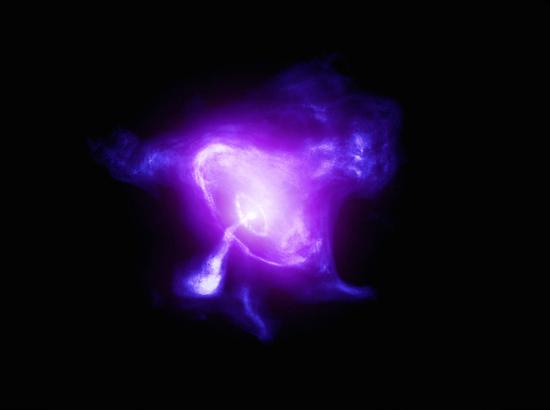





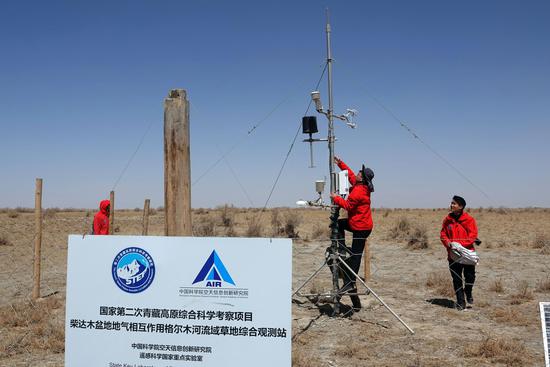



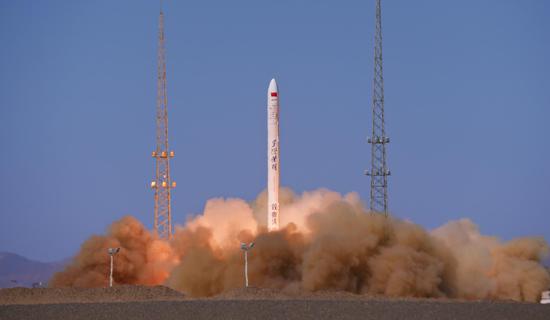

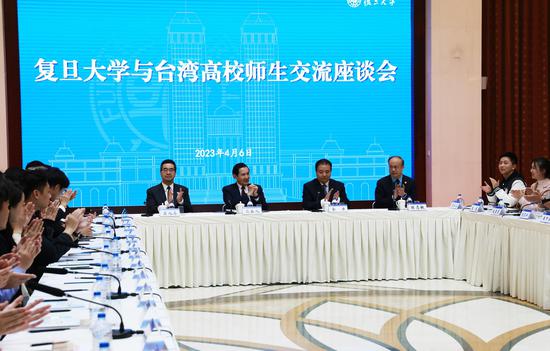








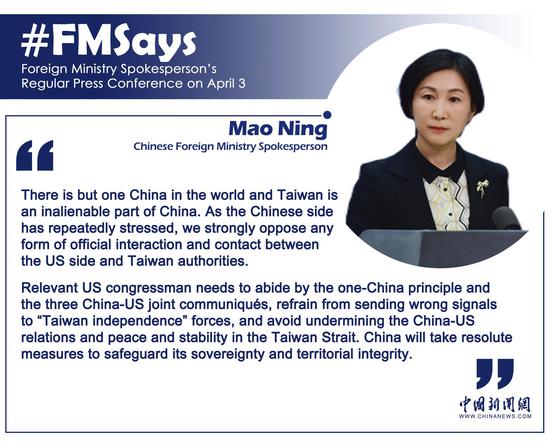

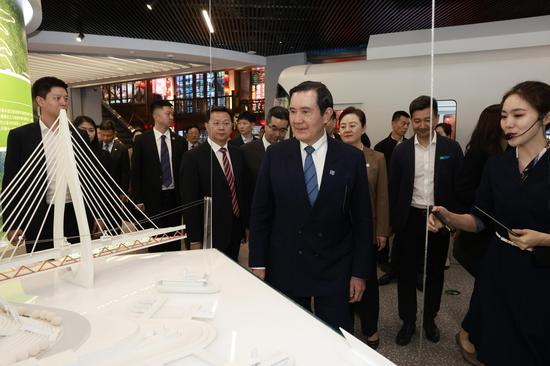
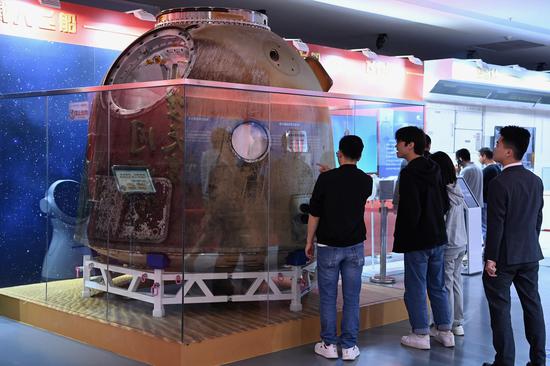

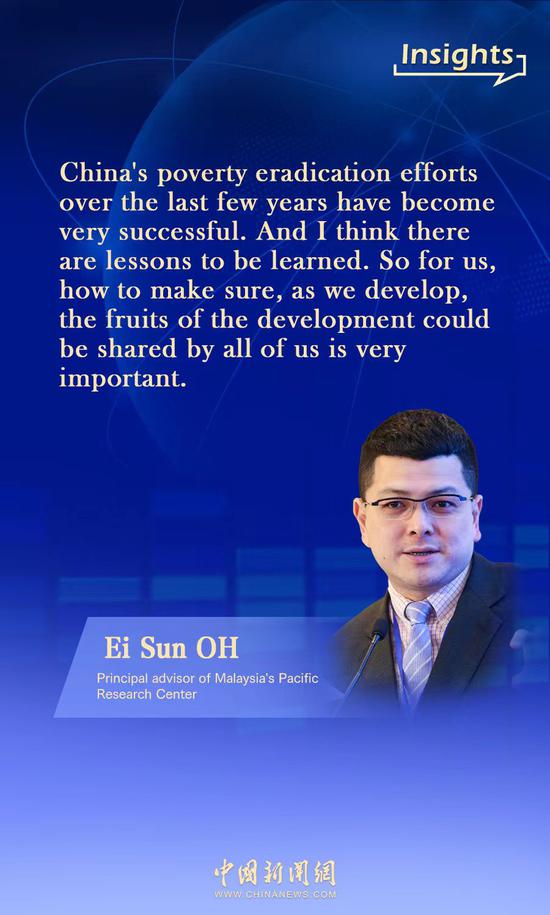












 京公网安备 11010202009201号
京公网安备 11010202009201号